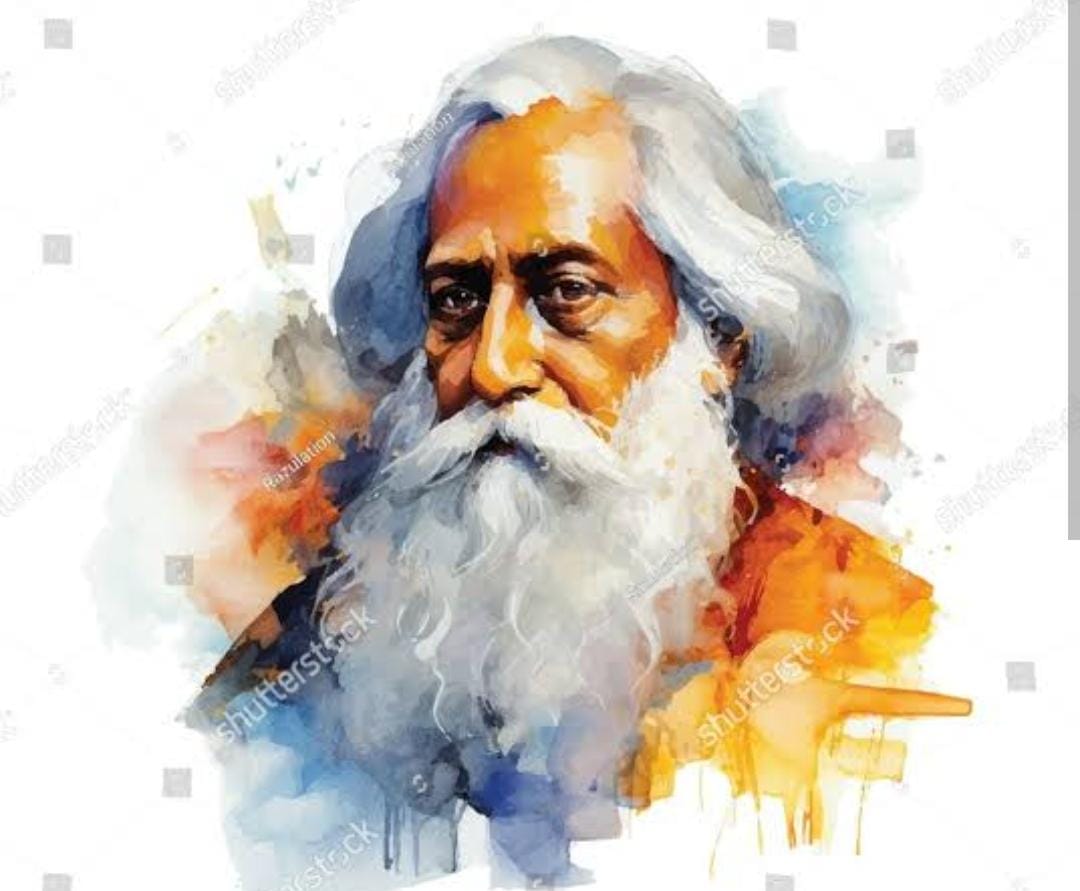Essay on Rabindranath Tagore
Rabindranath Tagore: A Visionary Poet and Renaissance Man
Introduction:
Rabindranath Tagore, often referred to as the “Bard of Bengal,” was a multifaceted genius whose contributions encompassed poetry, literature, music, art, and social reform. His profound influence on Indian and global culture earned him the Nobel Prize in Literature in 1913. This essay delves into the life, achievements, and enduring legacy of Rabindranath Tagore.
Early Life and Education:
Born on May 7, 1861, in Calcutta (now Kolkata), Rabindranath Tagore hailed from a prestigious family. He was a prodigious child and displayed a deep curiosity for literature, music, and the arts from a young age.
Santiniketan and Visva-Bharati:
Tagore’s educational philosophy emphasized the harmonious blend of tradition and modernity. He founded Santiniketan in 1901, which later became Visva-Bharati University, a place where students imbibed knowledge while staying connected to nature and culture.
Contribution to Literature:
Tagore’s literary creations spanned poems, songs, novels, short stories, and essays. His most famous work, “Gitanjali” (Song Offerings), earned him the Nobel Prize and garnered global recognition for its spiritual and universal themes.
Pioneer of Bengal Renaissance:
Tagore played a pivotal role in the Bengal Renaissance, advocating for social reform, women’s rights, and education for all. He used his literary prowess to challenge societal norms and promote equality.
National Anthem and Songs:
He penned the lyrics of “Jana Gana Mana,” which was later adopted as India’s national anthem. Tagore’s compositions, known as Rabindra Sangeet, continue to resonate as expressions of love, nature, and spirituality.
International Perspective:
Tagore’s travels and interactions with Western thinkers and artists shaped his global perspective. He sought to bridge cultures and promote the idea of a “universal man.”
Philosopher and Thinker:
Tagore’s philosophical essays delved into themes of humanism, freedom, and spirituality. His philosophy emphasized the interconnectedness of humanity and nature.
Legacy and Impact:
Rabindranath Tagore’s legacy extends beyond his literary contributions. He ignited the flames of creativity and patriotism during India’s struggle for independence. His vision of education, cultural exchange, and societal reform remains relevant.
Literary and Artistic Renaissance:
Tagore’s artistic and literary renaissance rejuvenated Bengali culture, fostering creativity and innovation. He revived traditional art forms while embracing modernity.
Eternal Optimism:
Tagore’s works exuded optimism and a deep connection to nature. His “Ekla Chalo Re” reflects his belief in individuality and resilience.
Conclusion:
Rabindranath Tagore’s life was a tapestry of poetry, music, literature, and philosophy that enriched not only India but also the global cultural landscape. His legacy continues to inspire artists, thinkers, and individuals striving for a harmonious world where art, knowledge, and humanity flourish. His words remain a guiding light, reminding us to embrace creativity, diversity, and the essence of life.

